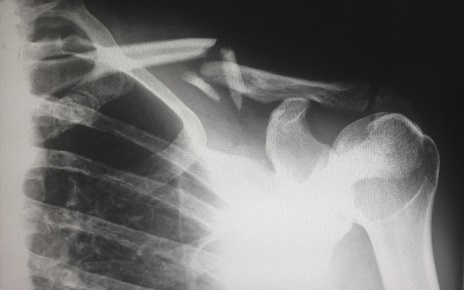Florida Law Regarding Damages Available
by: Damian Sullivent, Esq.
Generally speaking, a personal injury claim arises when you are injured by the negligence of someone else – that is, a failure to use ordinary and reasonable care under the circumstances which causes the harm. In establishing your case, it is important to show proof of damages associated with your injury because sufficiently proving damages maximizes your recovery. There are three basic types of damages associated with personal injury claims: (1) economic damages; (2) non-economic damages; and (3) punitive damages.
Economic Damages
Economic damages compensate for direct financial loss associated with your claim. These damages might include:
- Cost of reasonable and necessary medical care;
- Property damages;
- Car rental costs;
- Loss of earnings;
- Costs associated with household services; and
- Loss of earning capacity/future earnings.
It is important to note that economic damages are susceptible to direct proof of loss.
Non-economic Damages
Non-economic damages are subjective damages and are harder to place a monetary value on. These damages may include:
- Pain and suffering, both physically and emotionally;
- Inconvenience;
- Loss of enjoyment of life; and
- Disfigurement and/or physical impairment.
In certain circumstances, an injured plaintiff’s family members may also be entitled to recover for loss of consortium and/or companionship.
Punitive Damages
The sole purpose of punitive damages is to punish the defendant for any particular egregious or reckless misbehavior. These types of damages are rarely awarded in personal injury cases. As such, the Florida Supreme Court has noted that punitive damages are reserved for “intentional infliction of harm, or a recklessness which is the result of an intentional act[.]”[1]
Caps on Damages
In personal injury and wrongful death cases involving medical malpractice, Florida law establishes caps for the recovery of non-economic damages. Where the defendant is a practitioner, damages are capped at $500,000; for a non-practitioner (e.g. hospital) the cap is $750,000. Florida courts have ruled however that these caps are unconstitutional.[2]

